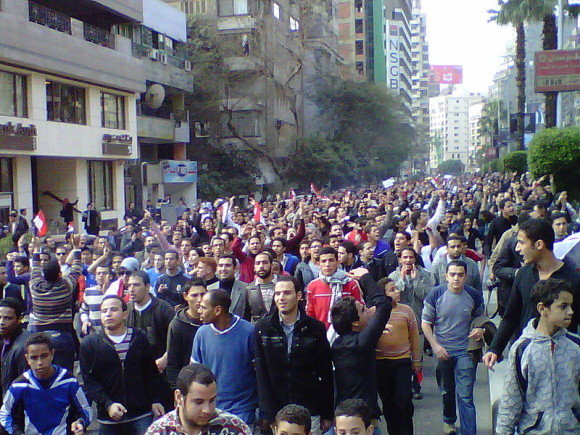As with Mexican migrants today, not everyone welcomed [the influx of French Canadians to New England in the early 20th century.] One Massachusetts official called French Canadians “the Chinese of the eastern states” in an 1881 report that described them as “indefatigable workers” who had no interest in assimilating and drove American wages down. …
Besides helping to fuel New England’s manufacturing boom, thousands served in the world wars. Rene Gagnon, whose Quebec-born mother worked at a shoe factory in Manchester, NH, was one of the Marines photographed raising the American flag over Iwo Jima in 1945. The author Jack Kerouac was born of French Canadian parents in Lowell, Mass.
Far from causing the collapse of the republic, these largely unregulated border crossers helped build the United States we know today.
What the French Canadian experience shows is that our current obsession with border security is inconsistent with our history, undermines our economic vitality and is likely to fail.
From an op-ed in the New York Times last week by Stephen R. Kelly.

